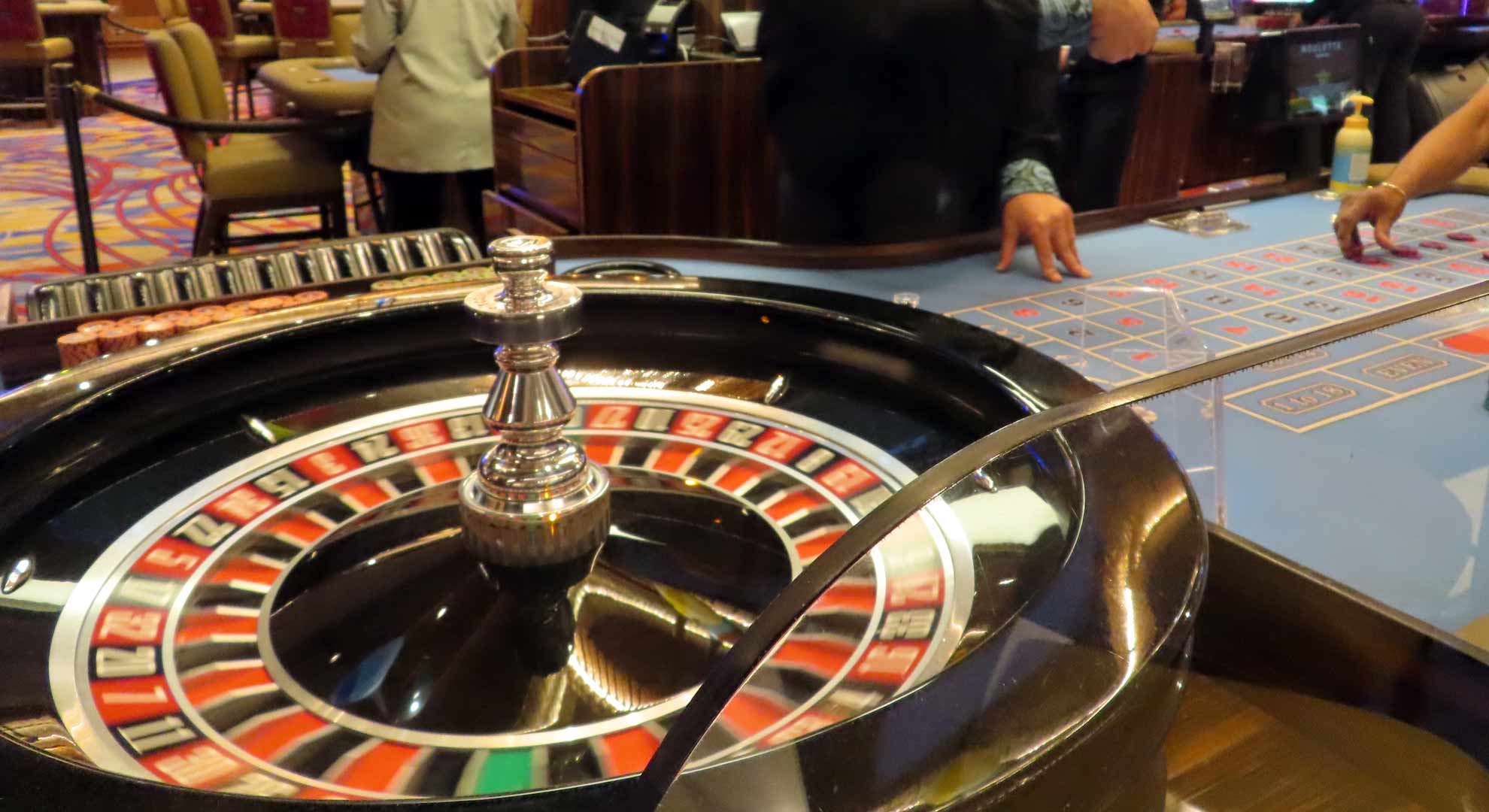Casinos and the Future of Virtual Reality

Casinos and the Future of Virtual Reality
The world of online casinos is constantly evolving, and one of the most exciting advancements on the horizon is the integration of Virtual Reality (VR). VR technology offers a truly immersive experience, promising to revolutionize how people interact with online casinos and the games they offer. This article will delve into the potential of VR in the casino industry, exploring the opportunities, challenges, and what the future might hold.
The Allure of Immersive Gameplay
VR technology brings the casino experience to life in a way that traditional online platforms simply can't match. Imagine stepping into a beautifully rendered virtual casino, complete with opulent surroundings, the sounds of chips shuffling, and the animated buzz of other players. This level of immersion is a significant advantage over the current online casino format. Here's how it transforms the gaming experience:
- Enhanced Social Interaction: VR allows for much richer social interaction. Players can see and hear each other, communicate in real-time, and share the excitement of winning or the disappointment of losing. This sense of community replicates the social atmosphere of a real-world casino.
- Realistic Visuals and Audio: VR headsets and advanced graphics cards can create incredibly realistic environments. The visuals, combined with spatial audio, can transport players to a fully realized casino environment, making them feel like they are physically present.
- Increased Engagement: The immersive nature of VR makes games more engaging. Players are more likely to remain involved for longer periods, increasing their overall enjoyment and potentially their spending.
- Variety of Games: VR technology can support a wide range of casino games, including slots, poker, blackjack, roulette, and even live dealer games. The possibilities are endless, allowing developers to create entirely new gaming experiences.
Challenges and Hurdles to Overcome
While the potential of VR in the casino industry is immense, several challenges must be addressed before widespread adoption can occur:
- Cost of Entry: VR headsets and the necessary hardware, such as powerful computers, can be expensive. This cost can be a barrier for entry for many potential players.
- Technical Limitations: VR technology is still developing. Issues such as motion sickness, high latency, and the need for powerful processing capabilities can affect the user experience.
- Security Concerns: Protecting player data and ensuring fair play are paramount in online casinos. VR casinos must implement robust security measures to address potential vulnerabilities and build trust.
- Regulation and Licensing: Regulatory frameworks for VR casinos are still being developed in many jurisdictions. Clear guidelines and licensing procedures are needed to ensure responsible gaming and protect players.
- Accessibility: Not everyone has access to a high-speed internet connection or the physical space required for VR gaming. Efforts need to be made to ensure that VR casinos are accessible to a wide audience.
The Future is Virtual: What to Expect
Despite the challenges, the future of VR in casinos looks promising. As technology advances and costs decrease, we can expect to see:
- More Immersive Games: Games will become even more realistic and engaging, with improved graphics, audio, and haptic feedback.
- Enhanced Social Features: Virtual casinos will integrate more sophisticated social features, such as virtual avatars, chat rooms, and even live events.
- Growth of Live Dealer Games: Live dealer games will become even more popular in VR, providing players with the opportunity to interact with real-life dealers in a virtual environment.
- Mobile VR Gaming: Wireless VR headsets will make it easier to play casino games on the go, expanding the accessibility of VR casinos.
- Integration of Augmented Reality (AR): The combination of VR and AR will allow players to interact with virtual casino elements in their real-world environments.
Furthermore, the adoption of technologies like blockchain could add a layer of transparency and security to online casino operations, enhancing trust among players. Additionally, players looking for information on the fairness of the games and their return to player (RTP) percentages will find value in resources dedicated to this topic. To learn more, consider researching the rtp m88 slot information.
In conclusion, VR has the potential to transform the casino industry, offering a more immersive, engaging, and social gaming experience. While challenges remain, the continuous advancements in technology and the increasing interest from both players and operators indicate that VR casinos are poised to become a significant part of the future of online gaming.